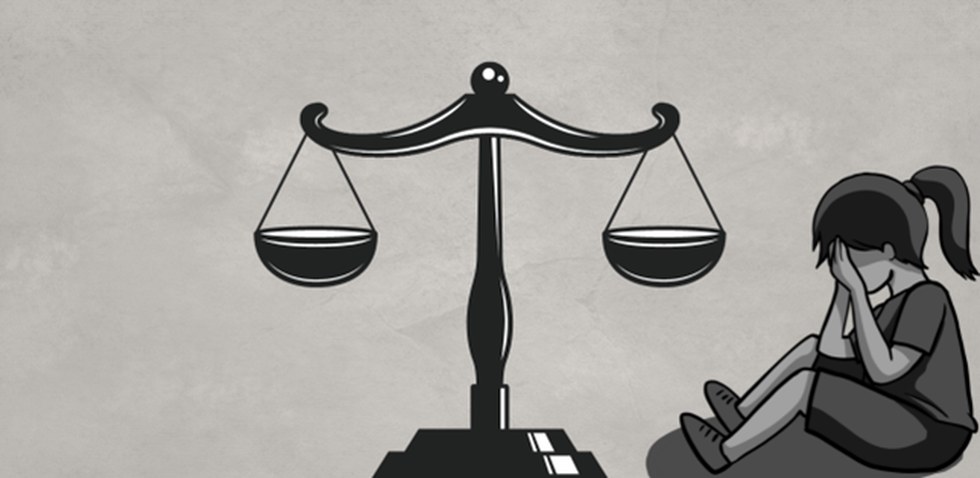About Protection of Children from Sexual Offences Act (POCSO Act):
- It is the first comprehensive law in India dealing specifically with the sexual abuse of children, enacted in 2012.
- It is administered by the Ministry of Women and Child Development (MoWCD).
- Objective: The Act was designed to protect children aged less than 18 from sexual assault, sexual harassment and pornography offences and provide for the establishment of Special Courts for the trial of such offences and related matters and incidents.
- Salient Features:
- Gender-neutral law: The POCSO Act establishes a gender-neutral tone for the legal framework available to child sexual abuse victims by defining a child as “any person” under the age of 18.
- It defines various types of sexual abuse, such as penetrative and non-penetrative assault, as well as sexual harassment and pornography.
- It considers a sexual assault to be aggravated in certain circumstances, such as when the abused child is mentally ill or when the abuse is committed by someone in a position of trust or authority over the child, such as a family member, etc.
- People who traffic children for sexual purposes are also punishable under the provisions relating to abetment in the Act.
- The attempt to commit an offence under the Act has been made liable for punishment for upto half the punishment prescribed for the commission of the offence.
- No time limit for reporting abuse: A victim can report an offence at any time, even a number of years after the abuse has been committed.
- Mandatory reporting: The Act also makes it the legal duty of a person aware of the offence to report sexual abuse. In case s/he fails to do so, the person can be punished with six months imprisonment or a fine.
- Safeguards to victims: The Act incorporates child-friendly procedures for reporting, recording of evidence, investigation and trial of offences. These include:
- Recording the statement of the child at the residence of the child or at the place of his choice, preferably by a woman police officer not below the rank of sub-inspector.
- No child is to be detained in the police station at night for any reason.
- Police officers to not be in uniform while recording the statement of the child.
- The statement of the child is to be recorded as spoken by the child.
- Medical examination of the child is to be conducted in the presence of the parent of the child or any other person in whom the child has trust or confidence.
- No aggressive questioning or character assassination of the child in-camera trial of cases.
- The Act specifically laid down that the child victim should not see the accused at the time of testifying and that the trial be held in camera.
- It also required that the Special Court complete the trial, as far as possible, within a period of one year from the date of cognisance.
Amendment to the Act:
- The Act was amended for the first time in 2019to enhance the punishments for specific offences in order to deter abusers and ensure a dignified childhood.
- This amendment enhanced the punishment to include the death penalty for aggravated penetrative sexual assault of the child.
- It also provides for levy of fines and imprisonment of up to 20 years to curb child pornography.
